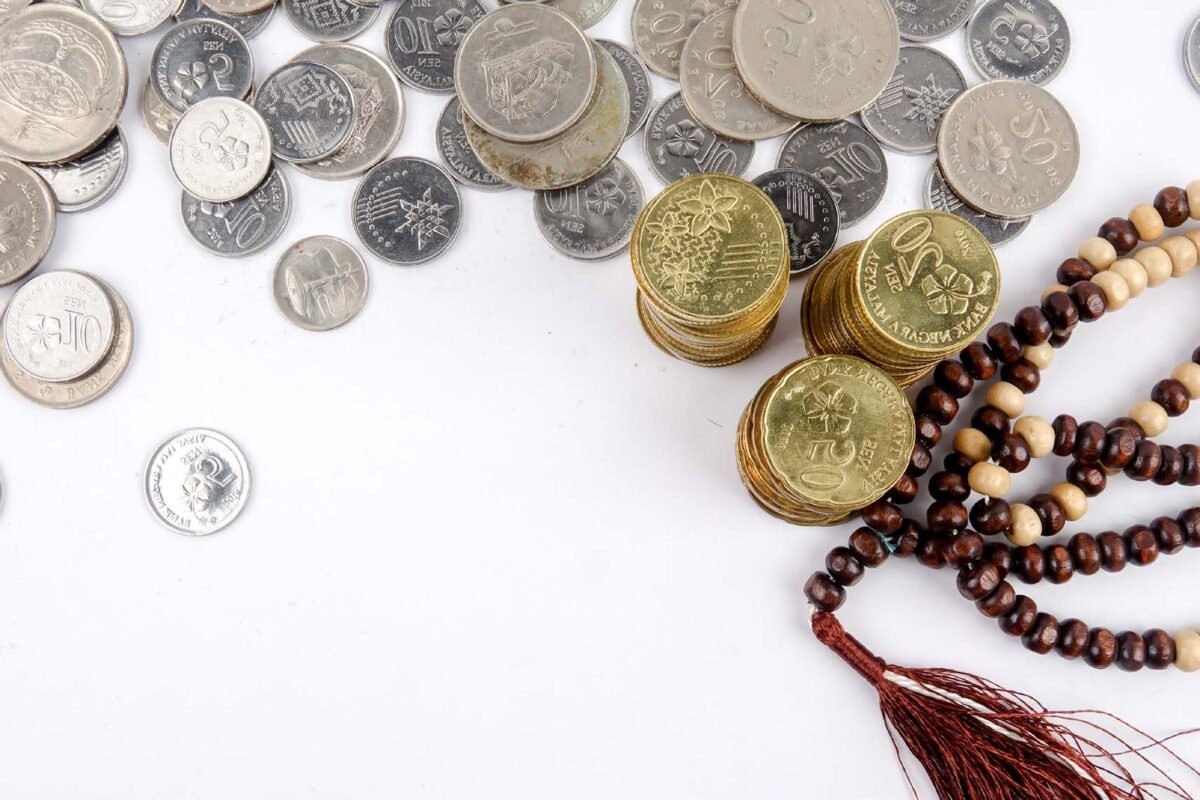The Islamic state has dealt with money in an orderly manner since ancient times in order to achieve the public interest. It was not free to use the money in the way it wanted, such as spending it in extravagance or squandering public money. Rather, its spending of money was to achieve the goals of the Islamic state in a way that ensures the improvement of the standard of living and welfare of individuals. society by increasing their income, providing security, housing, and everything else necessary to preserve their lives and property, in addition to providing the necessary goods and services for them and providing education, public health, and other benefits. And this article will present a set of expenses for the Islamic state, followed by an explanation of each type separately.
What are the types of expenditures of the Islamic state?
When studying public spending in the Islamic state, it is necessary to distinguish clearly between expenditures related to zakat and other expenditures, a distinction that is very necessary because Sharia forbids the use of zakat proceeds for any other purpose except for the eight heads of expenditure specified in the Qur’an, but the opposite is permissible. So that there is no objection to using part of the public revenues of any of the eight zakat banks, and the following is a statement of a group of public expenditures of the Islamic state:
First: Public Service Expenditures
The Islamic State incurs a number of public expenditures, which have a significant impact on the distribution of income and the provision of public benefits to the state, especially in the areas of public health, education, housing, and other goods and services. The following is an explanation of them:
- The government’s design for a special system of social welfare is to reduce poverty, and this type of expenditure is concerned with covering the debts that remained on the dead Muslims and were not incurred by anyone on their behalf. Al-Aziz ordered the payment of debts to those who did not incur them due to excessive consumption.
- Paying the loans incurred by the tax payers who were unable to improve their lands, and this was exemplified during the reign of Omar bin Abdul Aziz, who is reported to have ordered his workers to cover all the debts of Muslims even though some of them had homes and established servants, at a time when the financial resources were abundant as these needs were considered basic and necessities.

Second: children’s expenses
The Islamic state also spends on the payment of child allowances. The Islamic state was the first to pay attention to this type of expenditure and allocate a portion to pay for it, and it is now prevalent in some economically developed countries. It was reported on the authority of Omar Ibn Al-Khattab, may God be pleased with him, that children’s allowances are paid when the child is not breastfed. Natural breastfeeding occurred, but this led to a quick cessation of breastfeeding, and the system was changed to pay allowances immediately after birth. During the era of Othman bin Affan—may God be pleased with him—the method of paying expenses changed to become restricted to the age of the child. A newborn child receives fifty dirhams, and a one-year-old child receives a hundred dirhams.
Third: Expenditures for government employees
Islam guarantees those who work in the government some additional benefits. It was reported from the Prophet—may God’s prayers and peace be upon him—that state workers are given a marriage allowance, a means of transportation, and a servant, and it was also reported that Omar distributed public money so that army commanders received between seven and nine thousand dirhams, including public officials, scholars, soldiers, and security officials. Islam is concerned with providing a decent life for all members of society to maintain the stability of the economy and ensure economic growth in the country.
Fourth: Zakat expenditures
Zakat in its method is similar to the principle of tax, but it is specified so that it is not given or spent except for eight cases as mentioned in the Holy Qur’an, and they are:
- The poor.
- Workers on them.
- Composed their hearts.
- Necks.
- Al-Gharmon.
- Mujahideen in the cause of God
- The wayfarer.
So that it is not permissible to spend zakat and spend it on others, and it should be noted that it is not required to pay zakat expenses to all its banks at the same time.
Zakat is one of the principles of the Islamic financial system that guarantees the continued transfer of resources from those who have the ability to pay and help the needy, as the matter of its entitlement and disbursement is divine and one of the pillars of Islam.
to be spent in a way that does not harm the recipient of Zakat.
Using its proceeds to ensure that the beneficiaries can rely on themselves over time
Read also: The economic problem.. things you don’t know
